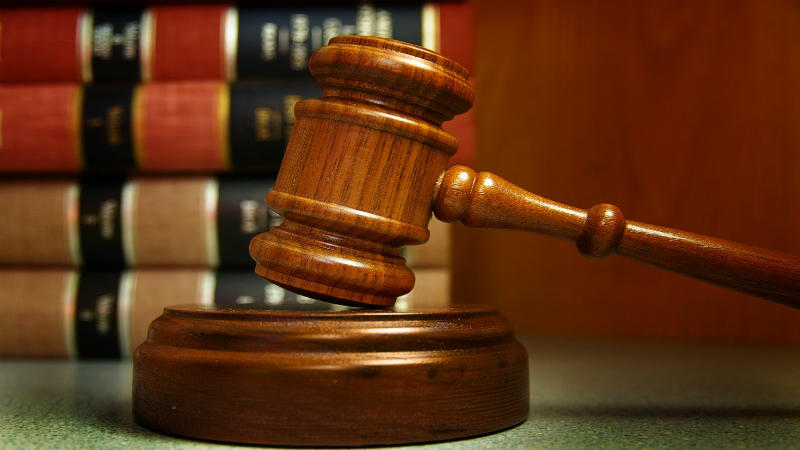If you are feeling stressed over an impending home foreclosure, car repossession, or from harassing debt collection calls, you may be considering filing for bankruptcy. The old stigma that followed bankruptcy no longer applies. There is no shame in taking the opportunity to start over again and try to rebuild your credit. Many circumstances can cause a person to be unable to pay their debt. It’s not always due to the mishandling of their funds. Before you file for bankruptcy using an Iowa Bankruptcy Attorney, here are a few basics about the three most common types of bankruptcy you should know.
Chapter 7
Chapter 7 bankruptcy is also referred to as a liquidation bankruptcy. It may entail having to sell off some property to pay down secured debt. Unsecured debt is completely discharged with a Chapter 7 bankruptcy. You are allowed to keep your home, vehicles, furnishings, clothes, and other personal property. Chapter 7 has restrictions based on income. You may not be eligible for a liquidation bankruptcy if you have the income available to restructure as will be described in Chapter 13 bankruptcy. Child support, alimony, and tax debt is not wiped out with any form of bankruptcy.
Chapter 11
Chapter 11 bankruptcy is primarily used by big corporations and is designed to help them reorganize their debt repayment plan. Just like with all forms of bankruptcies, Chapter 11 has to be approved by the bankruptcy court. A corporation can avoid closure by reorganizing their debt so it can be paid off in a shorter time and continue business as usual. An attorney can explain the details of the process and eligibility requirements.
Chapter 13
When you have the disposable income to do so, a Chapter 13 allows you to save your property and restructure your debt into affordable payments lasting three to five years. The minimum monthly payment will be determined by your income, your debt, and other factors relevant to the process. Chapter 13 requires that you make your monthly payments on time every month until the final payment is made.
All three of these forms of bankruptcy stop the collection calls and save your home and/or vehicles from being taken from your possession. Whether you qualify for a Chapter 7, 11, or 13 you can become debt free and start over with your credit. Bankruptcy will affect your credit to some extent for up to 10 years.







